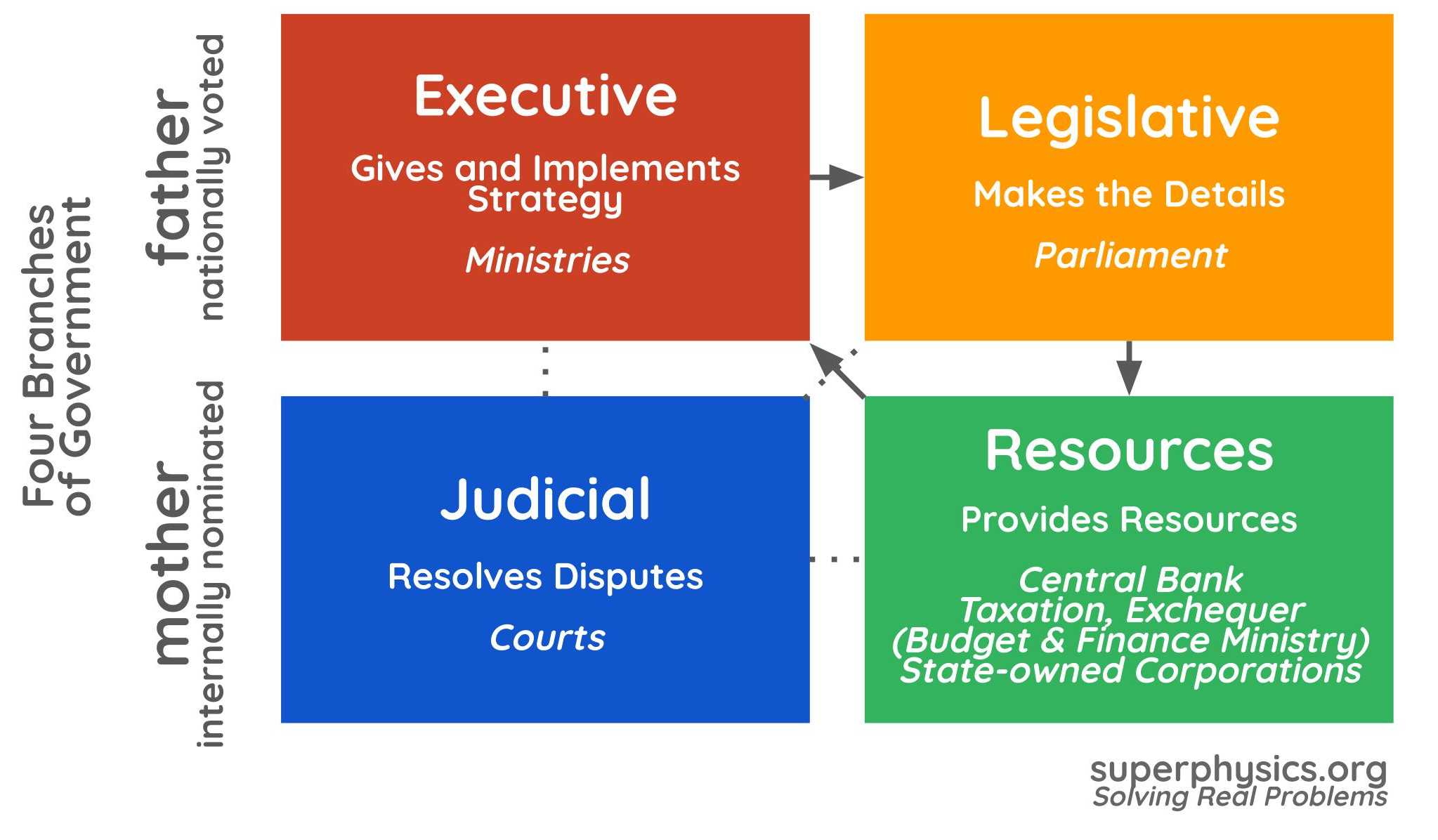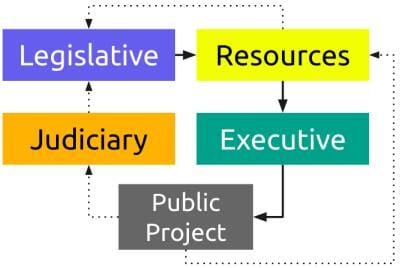How to Solve Audit Problems of the Government
Table of Contents
On August 11, 2021, the Philippine Commission on Audit (COA) revealed that ₱67 billion of funds were misused by the Department of Health (DOH).
Those funds were supposed to be used to buy personal protective equipment for the Covid pandemic.
This led to:
- allegations of corruption
- a Senate investigation on the procurement activities of the DOH.
In the end, the Senate found a small company called Pharmally which used its connections* to supply such overpriced eqipment with tampered expiry dates.
But since the equipment was already used, the best thing that the Senate could do was to chase the company for tax payments.
Maharlikanism Note
No One Seems to Realize the Root Cause of the Problem
The key problem here is overpricing, which is supposed to be prevented by comparison or competition as a competitive bidding.
The awarding of separate contracts to Pharmally was done individually by:
- The Department of Budget and Management
- The Department of Health
The executives of those Departments are appointed by the President who wins the elections.
So the priciple behimd leadership, and therefore the awaring of contracts, is popularity, not morality.
And so it is no wonder that overpricing and anomalous contracts are so common.
This then keeps the country poor since the capital and funds for improvement go to private people.
![]()
Useless Safeguards
Oversight is done through the Commission on Audit which checks how the funds are used.
It just flags corruption after it happens. It does not prevent it.
The corrupt people are removed, only to be replaced by a new batch of corrupt people.
This whole thing exposes structural flaws in the government’s resource procurement, monitoring, and distribution system.
These flaws are then exploited by opportunist politicians.
The Solution: Unifying Audit, Procurement, and Distribution into a Non-democractic Resource Branch of Government
The democratic systems puts popular people, not moral ones, into power.
So to reduce the crime of overpricing and kickbacks, the power of awarding contracts should not be affected by the democratic system.
This is similar to the justice system where chief justices are not voted by the people.
Rather, the bar nominates the heads, while the democratically elected President chooses the one he wants.
We propose a fourth branch of government called the Resources branch which handles both taxation and spending or procurement.
Unlike the departments or ministries in the executive branch which are appointed by the President, the heads of the Resources branch offices are from expert groups.
This is consistent with Socrates’ nondemocratic Republic.

If governments are the parents of a nation:
- the legislature and executive perform the fatherly duties
- the justice and resources branch perform the motherly ones
The Resources branch will mimic the role of a housewife in budgeting the family’s expenses and in noting down the needs and condition of each child, which represents each citizen or group of citizens.
Instead of COA being an indepndent body, it will be a totally separate branch, unified with the tax authority (BIR), procurement service such as PhilGeps, and the Treasury.
| _ | Father | Father | Mother | Mother |
|---|---|---|---|---|
| Branch | Legislative | Executive | Judicial | Resources |
| Task | Makes laws, Does the research | Implements laws, runs the army | Tries cases according to the law | Sources and coordinates resources |
| Skillset | Rhetoric, Research | Leadership, Governance | Attention to detail, Diligence | Morals, Experience |
The main duties or the resources branch will be:
- Tax collection
This is the primary role, since all governments need tax revenue to operate. Supereconomics adds the concept of barter taxation, as tax farming, where peope can give their skill or products to the government as their tax payment.
This involves checking the material condition of the people to ensure that economic justice is administered, or that the resources are going to the right recipients and being used efficiently by the public spending bureau.
- Public spending and Budgeting
This encompasses all spending of government from salaries to project budgets.
This includes checking all accounts of governments to make sure that they are in order, that all projects have their proper funds and resources in order to prevent costly delays and overruns.
The in-kind revenue collected by the tax bureau can be redirected to the government emloyees as non monetary benefits or to projects as project inputs. This streamlines revenue and spending.
- Logistics
This includes the logistics to ensure that the resources flow smoothly and on time. This involves both taxation and spending.
During the pandemic, this involved ensuring that the cold storage facilities were in place before the vaccines arrived.
- Welfare
Excess resources that cannot find use can be directed for welfare. This makes the nation operate on zero waste and so reduces its impart on Nature.
- Industry and Economic Oversight
The Resources branch will monitor every industry and the global economy to make sure the nation is not destabilized by internal or external shocks.
This also builds a running inventory of resources and skills as well the future ones so that when a shock does happen, the nation knows how to use its current resources to mitigate that shock.
In this way, the executive does not have to resort to middlemen such as Pharmally to buy supplies that are essential to government.
How It Works
It could be used for the pandemic in the following way:
- The Legislature assigns the budget to procure vaccines and medical equipment (PPE), representing the will of the people.
- If the people want to solve Covid then the legislative will spend big.
- If the people are ok with Covid spreading then the legislative will spend small for it.
-
The Executive branch sets the actual specifications and deadlines and authorizes the Resources department to act.
-
The Resources branch queries all suppliers for prices and terms for everything even before the pandemic or national emergency happens (Adam Smith’s original proposal was for this office to prevent famines by ordering supplies in advance or from distant countries)
They then submit to the Executive the shortlisted suppliers as well as the actions needed to ensure the proper logistics.
- The resources branch makes the order directly to the overseas suppliers upon approval by the Executive.
Neither the legislative or exectuive contacts the suppliers.
If implemented in the current scenario:
- Vaccine czar Charlie Galvez would be working under the resources branch
- Christopher Lao would then be the PPE czar, also working under the same branch
This system would be simpler by getting rid of the middleman:
| _ | Current System | Resources Branch |
|---|---|---|
| Purchaser | Christopher Lao under Department of Budget | Resources Branch |
| Middle man | Pharmally | None |
| Financier | Micheal Yang | Resources Branch |
| Auditor | Commission on Audit | Commission on Audit in the Resources Branch |
This system can streamline taxation so that tax policies will be more effective, and the legislature can have different budget projections accurately presented:
- The legislature creates a new tax
- The resource branch will show how and where it will be extracted from, together with projections on its effects
- The ironed-out plan will then be sent to the executive for implementation
- Anomalies in tax collection will be exposed and tried by the Executive or Legislative branches, with the judiciary supporting or overturning the judgment

The Resources branch takes away some of the motherly duties such as caring for the poor and arranging for the logistics of supplies, away from the father, or the executive. In this way, the father can focus on more important things. This branch is independent like the others. But while the executive and legislative are elected, the manpower for the judicial and resource branches are sourced from law schools and accounting or econometrics schools.